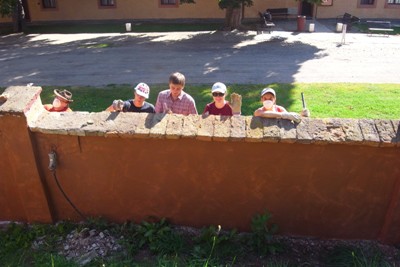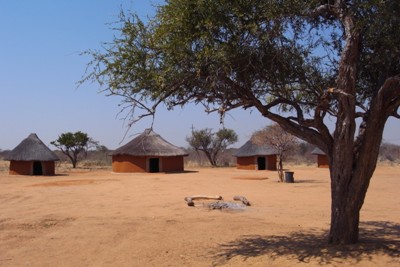Profile
- Research Subject
Ethnographic research on historical reconciliation by civil society actors in Germany, theoretical and methodological consideration of the relevance of ethnographic methodology to the contemporary issues like peace and reconciliation
- Research Fields
- anthropology, peace research, ethnography methodology
- Faculty - Division / Research Group / Laboratory
- Division of Humanities / Research Group of Cultural Diversity Studies / Laboratory of Cultural Anthropology
- Graduate School - Division / Department / Laboratory
- Division of Humanities / Department of Cultural Diversity Studies / Laboratory of Cultural Anthropology
- School - Course / Laboratory
- Division of Humanities and Human Sciences / Course of History and Anthropology / Laboratory of Cultural Anthropology
- Contact
Email: oda(at)let.hokudai.ac.jp
Replace “(at)” with “@” when sending email.Foreign exchange students who want to be research students (including Japanese residents) should apply for the designated period in accordance with the “Research Student Application Guidelines”. Even if you send an email directly to the staff, there is no reply.- Related Links
Lab.letters


Ethnography, an endless field—even at Antarctic stations and in space
Ethnography, which is attracting increased attention these days, refers to methodologies based on field work in targeted areas or on targeted groups. Researchers venture out into the field to detail the lifestyles and activities of research participants. Anywhere humans work, whether it’s an Antarctic station or a space shuttle, can be a place for ethnography. A student under my supervision chose the film commission in Takasaki City for her field research, while other students selected a Korean school and an atomic bomb victims’ group in Sapporo. Each student pursued his or her own interests. An ethnographer acts as a “bridge” between social settings and the academic world. You can fully exert your curiosity as an active researcher.

Onsite experience that attracts the attention of recruiters
and that’s applicable to marketing research and disaster prevention
Ethnography has the advantage of being able to analyse incidents that occur in the field and to logically analyze them, which is a great selling point in job hunting. These days, an increasing number of corporations in Japan are following those in America in preferring to recruit ethnographers as staff for marketing research and product development. As typified by disaster ethnography, in which students learn from the experiences of great earthquakes and so forth, I’m convinced that the demand for this methodology will increasingly expand in society in the future. In pursuing your research, you can broaden your perspective. Herein lies the excitement of doing ethnography.
Message
In my opinion, cultural anthropology is a discipline based primarily on the field. The discipline aims to facilitate understanding of specific fields where people work, act and live. From this field-based perspective, we can shake up the existing view of things and present a novel concept of the world. The methodology for this has been referred to as “ethnography.”
Moving forward with an understanding of the situation in the field and carefully listening to the people concerned is important not only in research but perhaps even more so in the real world. I give lectures aimed at undergraduate and graduate students to acquire methodology in seminars on cultural anthropology.
My recent research theme is focused on peace, nature and life. When traveling around Europe, I encounter practices that differ from the rigid way of thinking about “peace.” In addition, I also focus my attention on the field of “living nature,” which cannot be separated from humans. I have been engaged in research aimed at elucidating knowledge and wisdom rooted in the fields and experiences of people concerned, which invariably provide you with the delight and excitement of discovery.
It is certainly realistic for graduate students of humanities to find a future career in the private sector. If you truly wish to acquire knowledge of and methods for cultural anthropology, you must go on to graduate school and thoroughly address your research themes. Our laboratory often produces students who obtain employment after completing their master’s course. Some have succeeded in getting the jobs they want after being interviewed about what they learned in the master’s program. In addition to future careers in corporations and government agencies, you can, of course, learn about diverse ways of living through cultural anthropology. I cordially welcome those who intend to utilize cultural anthropology and ethnography in social fields.



